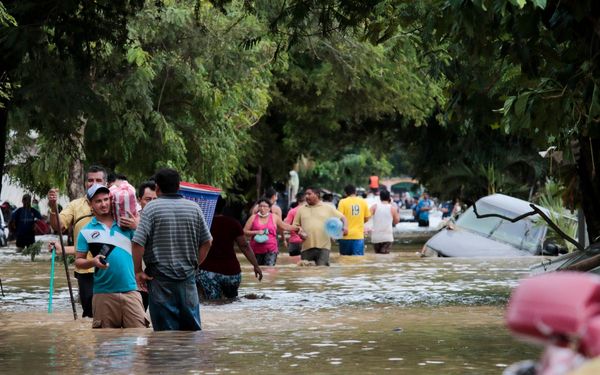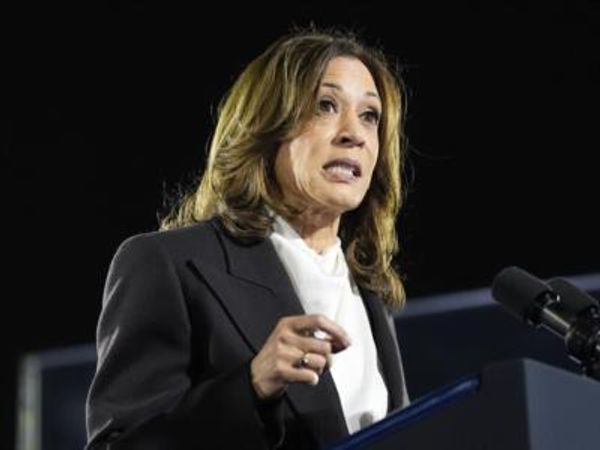
Murray Scott writes: We have seen in recent years ill-advised and disastrous military actions by Australia, invariably at the request of traditional allies (“Defence says the Parliament should have no say on whether Australia goes to war”). The outcome of such overseas actions, including casualties and ignominy in Vietnam, Iraq and Afghanistan, has eroded Australians’ trust in the decisions to engage based on military discretion.
If Australia was under attack there would be no hesitation in approval by Parliament of an appropriate response. We cannot, however, allow our forces to be drawn into conflict by the murky politics of other nations, notably the United States of America.
Garth Nicholson writes: Such a decision must come from the people and their representatives in Parliament and should require at least a 70% majority vote.
James Cowley writes: It seems totally logical that Parliament, which represents the communities of Australia, should be always able to vote on whether the Australian Defence Force should be involved in any war, or go to war against another country. The idea that our sons and daughters, grandsons and granddaughters can be sent to fight in someone else’s war seems totally out of date with modern society.
The ADF, politicians and other influencers can put their evidence and views but these must be subject to a decision by the Parliament. If war is declared against us or we are invaded, this requirement could be bypassed if time prevents such.
We respect the ADF, its members and the work done to safeguard our society. But on an issue so serious as being involved in a war we need a fully democratic process. This is a really important issue for the current government to address.
Jules Pennell writes: There should be a free vote of all members of Parliament (lower and upper houses) but that should exclude any members who stand to profit from the war.
If the majority decides to go to war, those members who voted for war must be sent to the front without rank for the duration of that war, unless too old (e.g. older than 70) or physically incapacitated, in which case their closest blood relative must take their place.
If you’re pleased, peed off or piqued, tell us about it by writing to letters@crikey.com.au. Please include your full name to be considered for publication. We reserve the right to edit for length and clarity.







